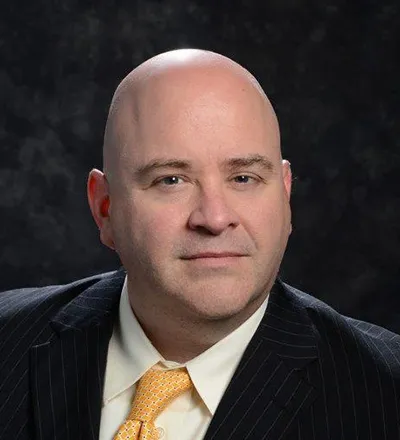- posted: Feb. 16, 2018
West Virginia’s at-will-employment doctrine allows employers to terminate an employee at any time with or without notice, and without cause or compensation for any reason provided it’s not illegal. That protects many employers from wrongful termination claims. For government employers, qualified immunity can offer additional protection against lawsuits brought by terminated employees.
A Kanawha County resident hired by the West Virginia Department of Education (DOE) as an executive director was terminated after three days of employment under the at-will employment doctrine. The DOE claimed her termination was for failing to disclose during her job interview that she was being investigated by the state of Virginia, where she previously worked for that state’s DOE.
A letter from her previous employer had been anonymously mailed to the West Virginia DOE and then leaked to the media, which published it in the local paper. The published letter stated she had been fired from her previous executive director position for misappropriating public funds for personal use. Upon her second firing, she brought suit against the West Virginia DOE, alleging a violation of her liberty interest and wrongful termination.
West Virginia citizens are afforded a “liberty interest,” which is a constitutional right to freely move about, live, and work in their chosen profession without the burden of an unjustified label of infamy. When a public statement is made that seriously damages a person’s reputation in the community or places a stigma or other disability hindering future employment opportunities, a liberty interest has been violated.
To prove the West Virginia DOE infringed upon the former employee’s liberty interest, a false statement must have been published or made accessible to the public in connection with a serious adverse employment action. The terminated employee never disputed the contents of the leaked letter nor did she explain how it hurt her reputation in the community or hindered her employment prospects. Her complaint alleged that the letter was leaked to the local media but failed to state how she had been damaged by it. Because the statements in the published letter were not false and stigmatizing, it was not considered an infringement upon her liberty interest.
The Supreme Court of West Virginia determined she could not allege wrongful termination because qualified immunity barred her claims. Under the state’s Rules of Civil Procedure, a plaintiff must “state a claim upon which relief can be granted.”
The court found that the West Virginia DOE had acted legally because hiring and firing for the purposes of employment are discretionary governmental functions. The contents of the leaked letter were not false nor were they published through fraudulent, malicious, or oppressive means.
Pullin, Fowler, Flanagan, Brown & Poe represents government entities who are being sued for a violation of liberty interest and wrongful termination. If you have questions about employment matters, call 304-344-0100 or contact us online.


























































